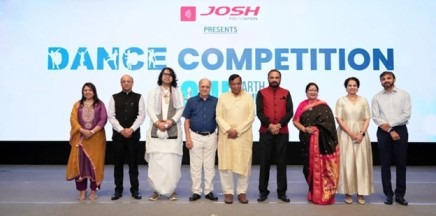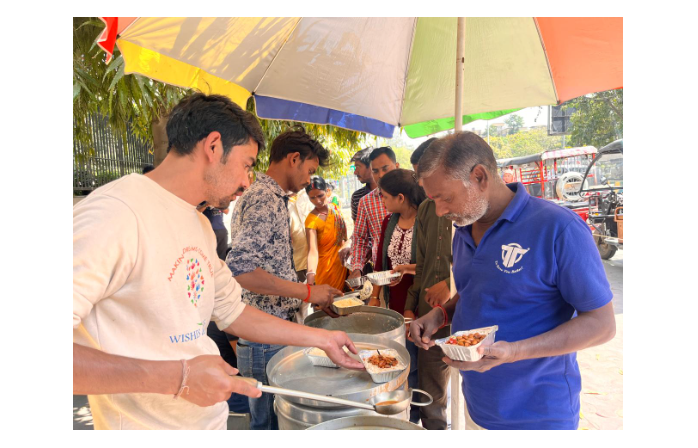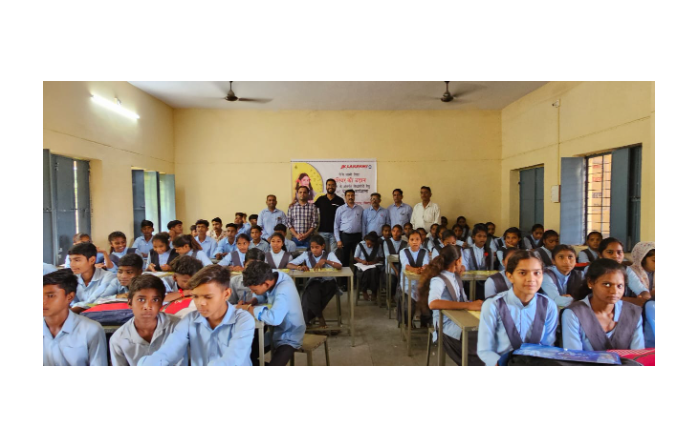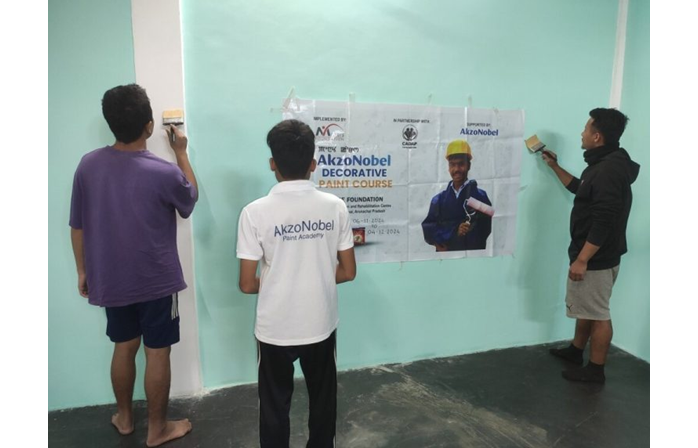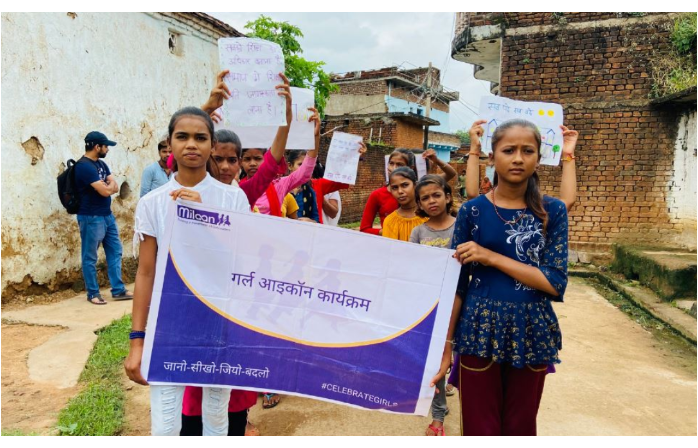Collaborative Care Initiatives Transforming the Lives of Children with Disabilities
December 12, 2023
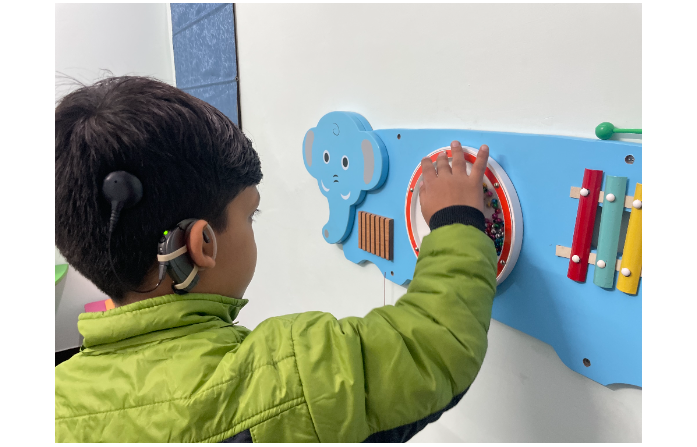
The Hans Foundation
In India, 2.21% of the population, around 2.68 crore individuals, are identified as having some disability, according to Census 2011. Among them, 20% face locomotor disabilities, 18.9% experience hearing disabilities, 18.8% have severe visual impairments, and 8% of these numbers experience multiple disabilities. 5.6% of this group also suffers from intellectual disabilities.
Challenges and Opportunities
Hearing loss is more than a condition; it\'s a silent barrier to a full life, affecting mental development and subsequently literacy and job prospects globally. In India, hearing loss affects approximately 6.3% of the Indian population, totaling around 63 million people according to WHO estimates and over 100,000 newborns battle severe to profound hearing loss each year. Globally, children with hearing loss are denied the education they deserve, and adults face a starkly higher unemployment rate than their hearing counterparts. The cause of hearing loss can be varied - be it congenital defects, childhood diseases or damage to any part of the hearing mechanism.
Cochlear implant surgery is one of the solutions that can make a profound difference for children for whom hearing aids are not sufficient. A cochlear implant, an electronic medical device, is a life-changing device for people with severe inner ear damage, offering them a chance to regain hearing. Unlike hearing aids that amplify sound, cochlear implants directly send signals to the brain, bypassing damaged or non-functional inner ear cells. It\'s crucial for children to receive implants early (between 12-36 months) to maximize the benefits. Research from the National Centre for Biotechnology Information supports the recommendation, showing that early implantation enhances age-appropriate spoken language skills throughout elementary school years.
However, the challenge lies in its price, ranging from Rs. 6-7 lakhs per ear, which is a prohibitive cost, particularly for India\'s marginalized and middle-class communities. This transformative technology holds the promise of a brighter, more inclusive future, but affordability remains a pressing challenge.
How collaborative efforts can improve the situation?
Problems like this demand a broader and more collaborative solution. To address this The Hans Foundation’s (THF) Cochlear Implant (CI) Program has been a constant support since the program’s inception in Dec 2013, profoundly altering the lives of over 1200 children.
One among them is Raghav, who was two years old when his mother found out that he had hearing issues. Doctors at AIIMS recommended a crucial cochlear implant treatment, but its steep cost posed a major barrier. In their search for a lifeline, Raghav\'s mother discovered The Hans Foundation. The foundation not only supported the surgery process but also stood unwaveringly by Raghav and his family throughout the entire treatment.
The THF Cochlear Implant Program is at the core of THF\'s mission to uplift underprivileged children, providing them with an opportunity for a healthier existence. Focused on marginalized families, the program offers access to expensive treatment and integrates children into mainstream society. It clinically collaborates to address severe hearing issues in children from disadvantaged backgrounds nationwide, by working towards early identification of children with hearing impairments, and then working in partnership with surgeons and hospitals across the country to provide the device and ensure premiere surgical support to children identified as needing cochlear implants.
The Foundation’s Cochlear Implant (CI) program has evolved into one of India\'s largest such initiatives over the last decade. Through strategic partnerships with prominent hospitals across the country for cochlear surgeries, the program is at the forefront of a transformative era in cochlear implantation and allied health services.
Additionally, the program works with the families to educate them on the care and support required for better outcomes for their children, and also supports families throughout the multi-year Auditory Verbal Therapy (AVT) journey post-surgery, working closely with audiologists and therapy centers to ensure follow-up of care for the children and the families.
This comprehensive approach ensures that children not only get necessary medical care but also ongoing support to thrive in their new world of sound, empowering them with resources for effective therapy and improved auditory-verbal skills.
Way Forward
Recognizing the transformative impact of such initiatives is crucial. It is imperative to explore avenues for broader collaboration to address different challenges faced by individuals with disabilities. To improve the situation, there is an urgent need for increased collaboration among governmental bodies, non-profit organizations, and the private sector. By pooling resources and expertise, a more comprehensive support system can be created, reaching a larger number of marginalized families facing financial barriers to providing their children with quality and affordable healthcare.
Furthermore, raising awareness about the importance of early intervention and quality care for children with disabilities is paramount. Collaborative efforts can strategically focus on educational campaigns targeting both urban and rural communities. The emphasis should underscore the long-term advantages of early screening and identification, leading to timely interventions for children with disabilities, fostering a proactive approach to their well-being.
Source

The Hans Foundation (THF) is a public charitable trust, working towards creating an equitable society by enhancing the quality of life for all through empowerment of marginalized and underprivileged communities in India. So far, THF has provided services and opportunities to more than 13 million people from these backgrounds.
© Renalysis Consultants Pvt Ltd




